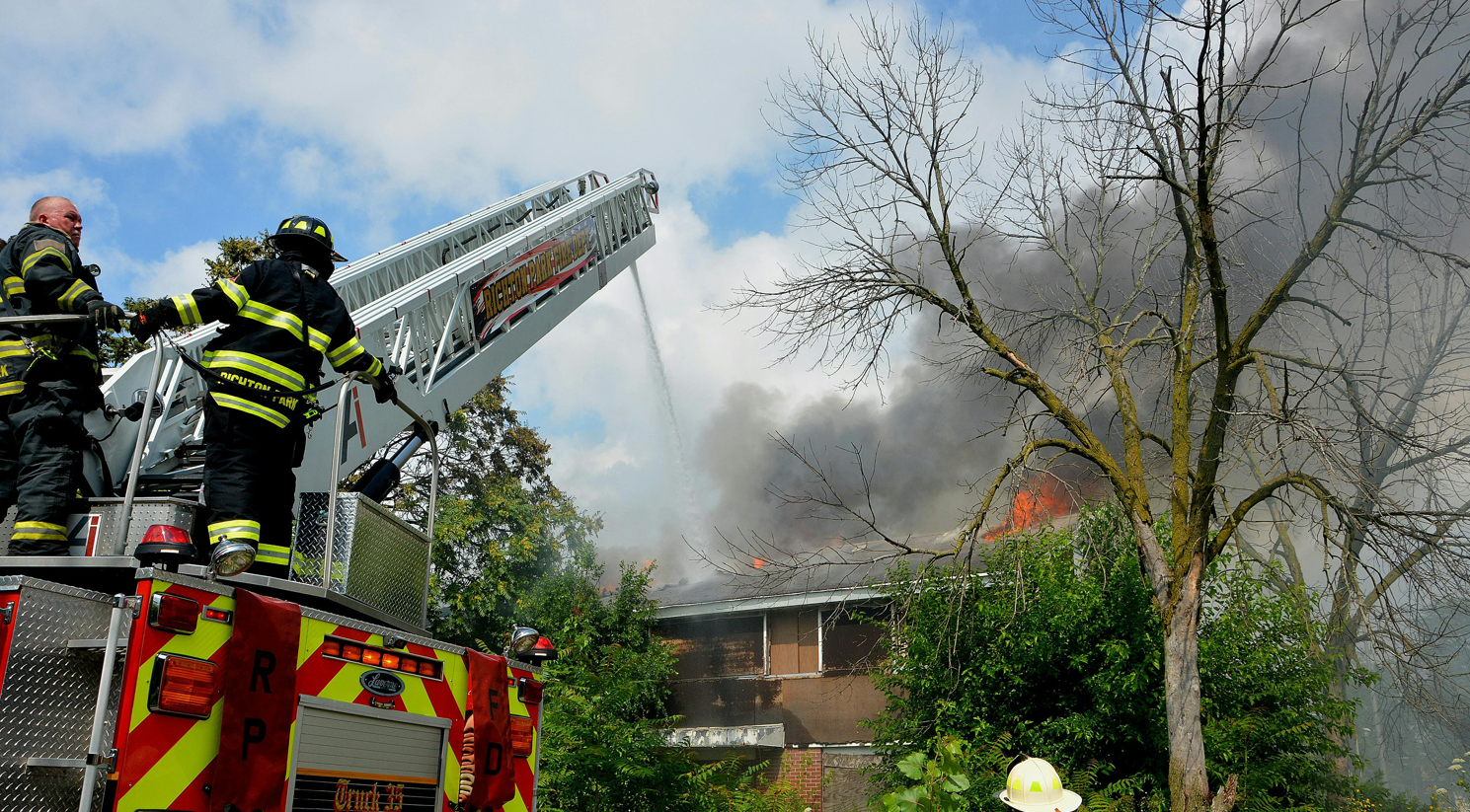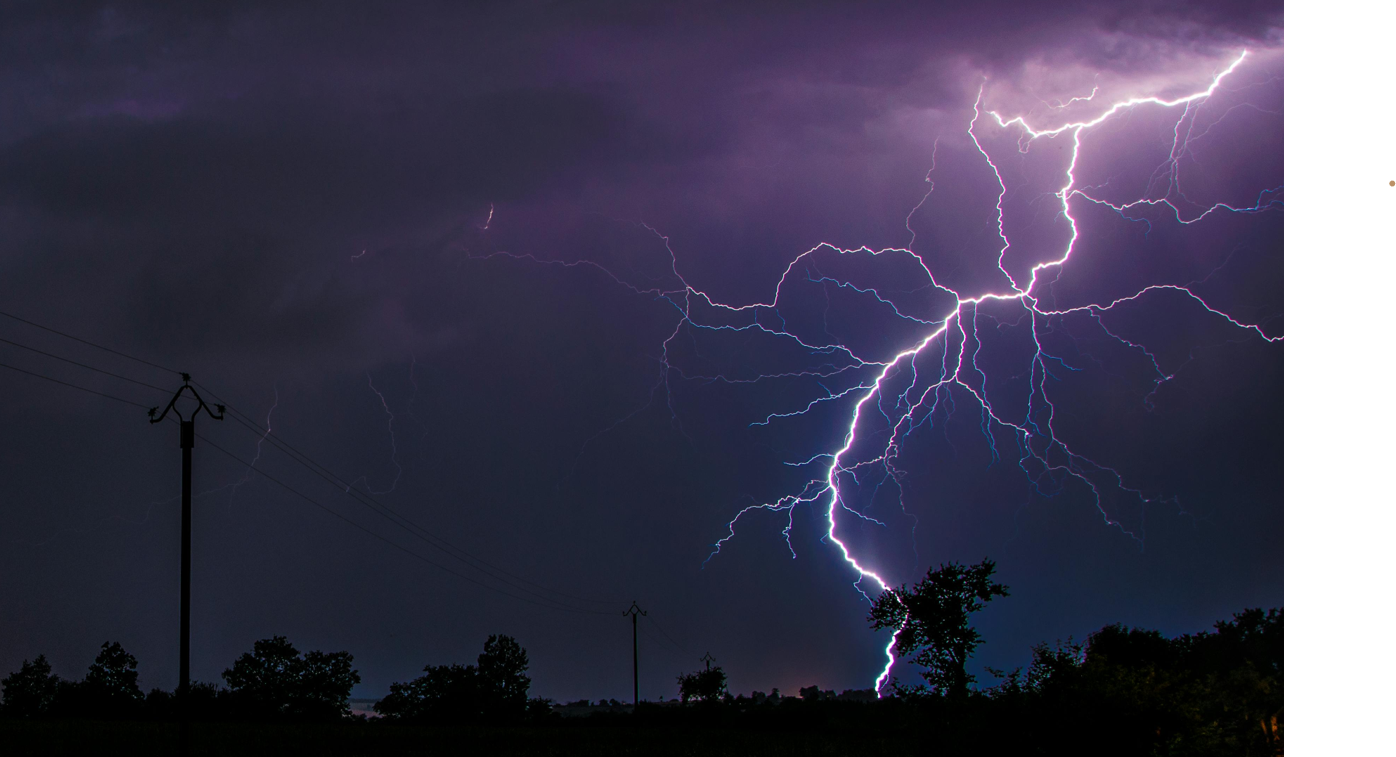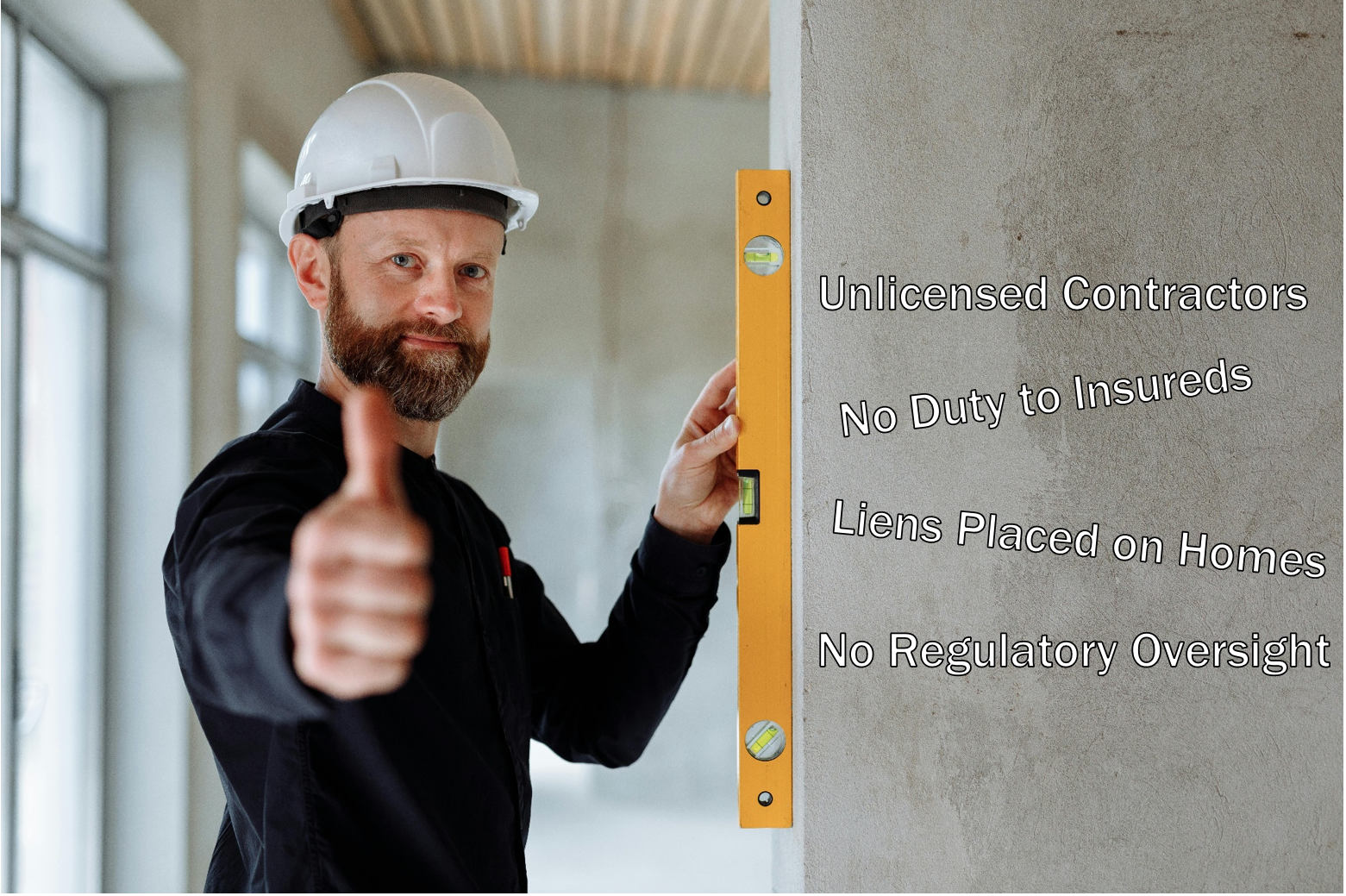Why You Shouldn’t Hire the First Contractor Who Knocks After a Fire
THE TAKEAWAYS
- Emotional Decisions Cost Money - The first contractor who shows up is counting on your stress. Don’t give away control of your claim out of panic.
- Premature Repairs Can Jeopardize Your Insurance - If work starts before the damage is properly documented, you risk losing coverage for critical losses.
- Contractors Aren’t Claim Advocates - They serve their own interests, not yours. Only a licensed Public Adjuster is qualified to represent you during a claim.
- Pressure to Sign Is a Red Flag - Urgency, waived deductibles, or promises to “handle everything” are signals to walk away. In Texas, some of these tactics are illegal.
- Recovery Requires a Plan, Not a Rush - You don’t need a contractor in the first 48 hours. You need documentation, clarity, and the right team behind you.
The Fire Is Out, But the Real Risk Is Just Beginning
When your home has just been damaged by a fire, it can feel like your world is spinning. You’re shaken, vulnerable, and desperate for answers. And that’s exactly when a contractor knocks on your door offering to "take care of everything." It can certainly sound like a blessing, but it’s often the beginning of a bigger problem. Taking action and immediately choosing a direction does not mean that you're moving in the right direction.
House fires are traumatic, but hiring the wrong contractor doesn’t have to make things worse. Take a breath. Let the smoke clear. Then talk to a professional who puts your interests first.
You have the right to choose how your recovery unfolds. Make sure that choice is informed, not impulsive. Here we discuss why hiring the first contractor who shows up after a house fire can jeopardize your recovery process, and what you should do instead to protect your home, your insurance claim, and your peace of mind.
Fire Chasers Operate on Speed, Not Strategy
Fire chasers, also known as disaster chasers, have made a business of monitoring fire department calls or public scanner traffic so they can show up within minutes of a fire. Their entire model hinges on catching you before you've had a chance to breathe. Their goal is simple: get a signature. The faster they get you to sign a contract, the less time you have to fully understand the consequences.
They thrive on confusion and chaos. And if you're emotionally overwhelmed, which most people are after a house fire, they know you’re far more likely to agree to something you wouldn’t normally even consider. The problem is, the moment you sign a document authorizing work, you may be locked into pricing, terms, or repairs that are not in your best interest. Worse, you may unintentionally give away control over your claim. Additionally, one of the major issues is that you don't have a complete scope of the damage yet. The hours and days following a fire reveal very little about the true extent of damage. On the surface, it may look like only one section of the home burned, but behind walls, in attic spaces, or in unseen structural members, smoke, soot, and water may have caused widespread damage.
Jumping into repairs or unneeded service work before a thorough investigation is done can cost you later. Damage that wasn’t properly documented may not be covered by insurance. And once a contractor starts demolition or cleaning, key evidence that supports your claim might be destroyed.
What you really need in those first few days is not someone with a hammer, but someone with a plan. Someone who can document your loss thoroughly and objectively, ensuring that everything, even the things you can’t see, is accounted for before work begins.
The Insurance Process Is Not a Shortcut
Many fire chasers will tell you not to worry about insurance. "We work directly with your insurance company," they say. What they mean is they want to steer the process in their favor. They want to define the scope of repairs, set the price, and hope the insurance company pays without pushing back. This can be a serious problem. First, insurance companies are under no obligation to honor a contractor’s scope, especially if it doesn’t match their guidelines. Second, if the contractor bills for things outside of what your policy covers, you could be left paying the difference out of pocket. Finally, if work begins too soon, before your insurance company inspects the property, you may lose crucial documentation that proves your loss.
The best way to protect yourself is to let the insurance process unfold with a qualified representative on your side, someone who understands policy language, coverage limits, and the importance of timing.
Early Repairs Can Trigger Policy Problems
Most insurance policies require that you protect your home from further damage, but they also require that you don’t start full repairs before the insurance company has had a chance to inspect the property. If a contractor starts knocking down walls, tearing out flooring, or throwing away fire-damaged contents, you might be accused of violating the terms of your policy. That could result in delays or outright denials.
There’s a balance to strike. Emergency mitigation, like boarding up the property or stopping water intrusion, is usually allowed and encouraged. But full-scale repairs should wait until the claim is properly documented and approved.
Better Options Are Available, But You Need Time to Consider Them
One of the biggest dangers of saying yes to the first contractor who knocks is that you cut yourself off from better, more qualified support. For example, Public Adjusters are licensed professionals who work solely on behalf of policyholders. Unlike contractors, their job isn’t to swing a hammer but to read your policy, scope your damages, and negotiate the best possible settlement.
Once your insurance claim is properly developed, you can solicit bids from reputable contractors, compare scopes and pricing, and move forward with repairs on your terms, not under pressure.
High-Pressure Sales Tactics Are a Warning Sign
Contractors who push you to sign immediately should always raise suspicion. If you hear things like, "You have to sign today," or "We’ll waive your deductible," or even "Don’t talk to a Public Adjuster, we’ll handle everything," those are signs you’re dealing with someone who’s prioritizing their business over your best interest. In Texas, it’s illegal for contractors to waive your deductible or act as your claims adjuster unless they are licensed to do so. If they’re willing to bend those rules, what else are they willing to bend?
Once you sign a contractor’s agreement, backing out can be difficult or expensive. Some contracts include cancellation fees, vague language that locks you into extra costs, or scopes of work that don’t reflect your actual needs. If the contractor does subpar work or goes silent after collecting a deposit, your legal remedies may be limited.
Taking time to review your options isn’t just smart, it’s essential.
Recovery Requires a Plan, Not Panic
In the immediate aftermath of a fire, your priority should be stabilizing your situation and building a thoughtful plan. That means checking for structural safety, securing temporary housing, opening your insurance claim, and getting a professional evaluation of the damage. Then, and only then, should you think about hiring a contractor. There’s no prize for moving fast. But there’s a real cost to moving blindly.
At True View Commercial, we only rush to tell you to take your time! We believe the best help is grounded in experience, patience, and transparency. Our team helps homeowners and business owners across Dallas–Fort Worth get a clear picture of their losses and take the right steps toward recovery. We coordinate with your insurance company, advocate on your behalf, and help ensure that every dollar you’re owed is accounted for. And we do it without pressure.
Before you sign anything, call us. We’ll help you understand your options so you can make the right decision for your future.
Need guidance? We’re ready when you are.



